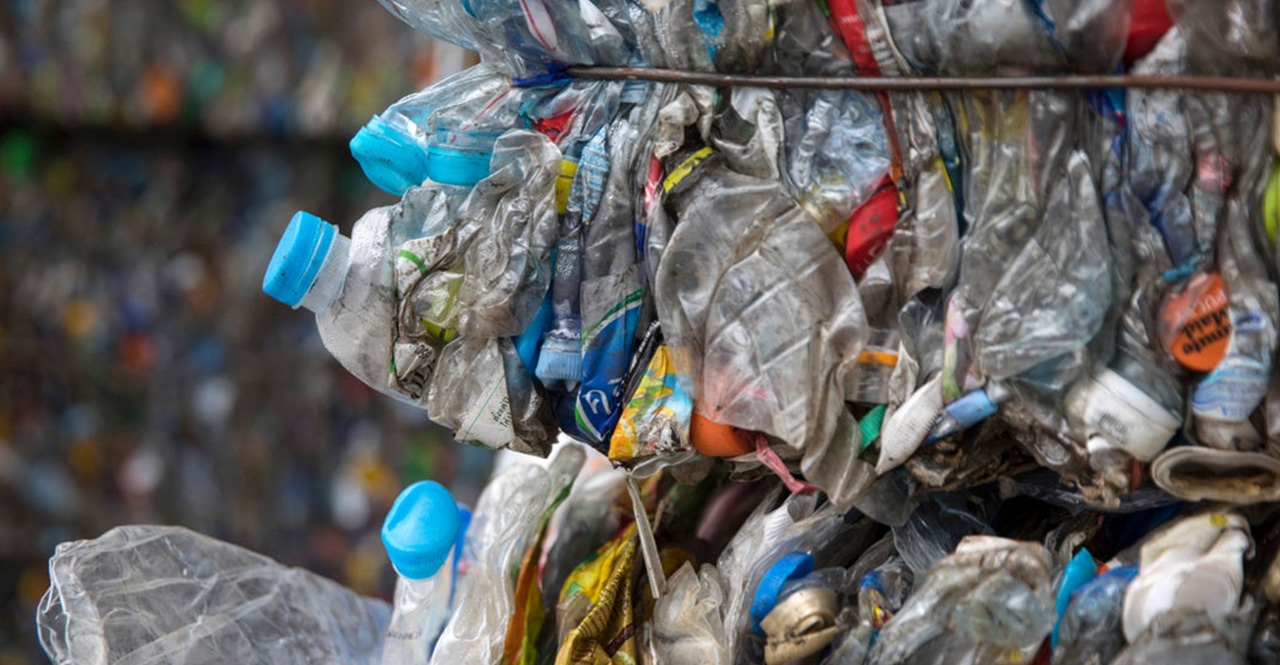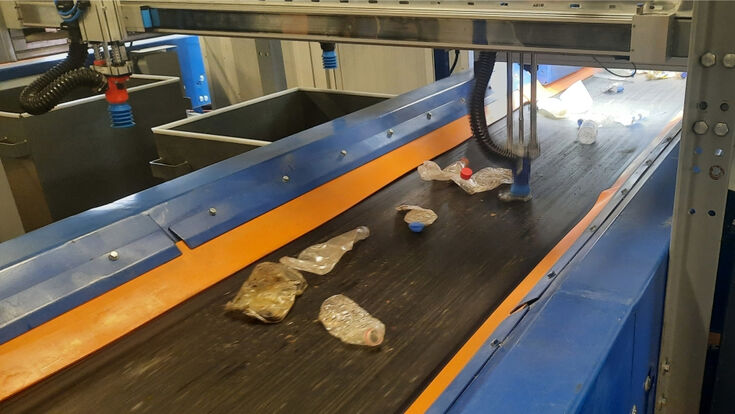Discovering the Significance of Reclaim Waste in Sustainable Waste Monitoring Efforts
In the world of lasting waste management, the principle of redeeming waste becomes an essential element that demands attention and factor to consider. As we navigate the intricacies of modern waste disposal techniques, the relevance of recovering waste unveils a nuanced approach to mitigating ecological effect and fostering an extra lasting future. By analyzing the elaborate interaction in between waste reclamation and lasting waste management initiatives, we start to decipher a story that prolongs past standard garbage disposal methods. Via a lens that focuses on resource effectiveness and ecological conservation, recovering waste offers an engaging avenue for resolving pushing environmental obstacles while paving the means for ingenious solutions in the world of waste management.
Relevance of Reclaiming Waste
Why is redeeming waste essential in lasting waste monitoring techniques? Redeeming waste plays a critical duty in lasting waste monitoring by minimizing the amount of waste sent to garbage dumps, preserving natural resources, and minimizing ecological effect.
In addition, reclaiming waste cultivates a round economic climate where materials are reused and reused continually, promoting a more effective and sustainable use of sources. It likewise contributes to the production of environment-friendly work and financial development in the recycling and waste management sector. By including waste reclamation practices right into waste administration strategies, areas and services can move in the direction of a more lasting future, where waste is checked out not as a burden however as a valuable resource.
Advantages for the Environment
In the world of sustainable waste administration, the technique of recovering waste not just conserves all-natural sources and decreases waste sent to garbage dumps yet also generates substantial advantages for the environment. By recovering waste products, such as steels, glass, plastics, and raw material, the ecological effect of source removal and production is reduced (Liquid waste removal). This leads to reduced power intake, reduced greenhouse gas emissions, and lower levels of air and water contamination related to extracting basic materials
Additionally, recovering waste aids in the conservation of biodiversity and natural habitats. It minimizes the demand for land fill room, thereby reducing land deterioration and habitat damage. Furthermore, the process of recovering waste commonly entails recycling and repurposing products, which subsequently lowers the need for new products and the linked power and sources needed for their production.
Payment to Round Economic Situation
Playing a crucial duty in cultivating sustainability and resource performance, redeeming waste makes a significant payment to the round economic climate. By reestablishing disposed of materials back into the manufacturing cycle, recovering waste lessens the demand for virgin resources, therefore lowering the total ecological effect of resource extraction and intake. This procedure lines up with the principles of the round economic situation, which highlights maximizing the worth and utility of sources with closed-loop systems.
As an outcome, recovering waste aids to create an extra sustainable and durable economy that is less dependent on limited sources and vulnerable to disturbances in the supply chain. Ultimately, by integrating waste reclamation methods right into waste monitoring businesses, communities and campaigns can proactively add to developing a much more circular and regenerative economic climate.
Lowering Landfill Waste

Additionally, executing waste-to-energy technologies can aid in lowering the volume of waste sent to landfills while additionally producing energy. Encouraging the usage of multiple-use items, such as shopping bags and water containers, can dramatically reduce the amount of waste that ultimately winds up in garbage dumps. Education and recognition projects on proper garbage disposal and the value of lowering, reusing, and recycling can also play a crucial function in reducing landfill waste. By focusing on the reduction of landfill waste, lasting waste management techniques can be enhanced, leading to a much healthier environment and economic situation.

Future Implications
Considering the quick improvements in innovation and evolving ecological obstacles, the future effects of sustainable waste monitoring are positioned to revolutionize existing methods. The adoption of cutting-edge innovations such as synthetic knowledge, Web of Points (IoT), and blockchain can significantly improve waste surveillance, arranging, and reusing processes. These improvements make it possible for real-time tracking of waste streams, identification of recyclable materials, and improved efficiency in source allocation.
Furthermore, the shift in the direction of a circular economic climate model, where resources are recycled, recycled, or upcycled, will certainly come to be progressively prevalent. This shift not just lowers the reliance on virgin products but additionally minimizes waste generation, bring about a more sustainable and eco-friendly waste management strategy.
In addition, the assimilation of lasting waste monitoring techniques into wider sustainability schedules is expected to get traction. Reclaim Waste. Organizations and governments worldwide are recognizing the relevance of waste reduction and recycling in combating environment modification and advertising a circular economy. As an outcome, policies and regulations sustaining sustainable waste monitoring efforts are most likely to end up being more rigorous, driving markets towards more environmentally friendly methods
Conclusion
To conclude, the significance of reclaiming waste in sustainable waste monitoring efforts can not be overstated. By reclaiming waste, we can lower environmental impact, add to a round economic climate, and lessen land fill waste. This strategy holds pledge for future implications find more information in waste management practices, emphasizing the significance of source effectiveness and ecological sustainability. Recovering waste is an essential action towards developing an extra check this sustainable and eco friendly future.
By taking a look at the elaborate interaction in between waste recovery and lasting waste monitoring efforts, we begin to decipher a narrative that extends past conventional waste disposal techniques. Reclaiming waste plays a vital duty in sustainable waste administration by minimizing the amount of waste sent to landfills, saving all-natural resources, and lessening environmental influence. By integrating waste improvement techniques right into waste administration areas, techniques and businesses can relocate in the direction of a much more sustainable future, where waste is watched not as a concern yet as an important source.

Comments on “Comprehensive Solutions for Industrial Waste Water Treatment by Reclaim Waste Melbourne”